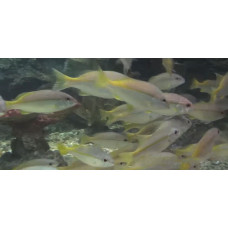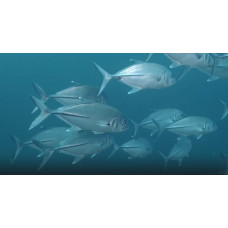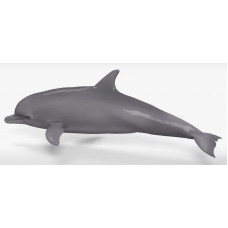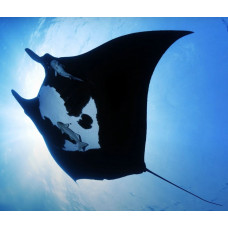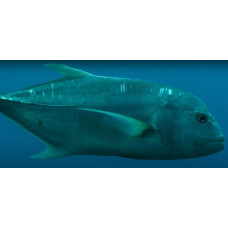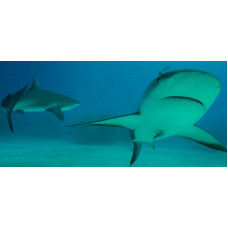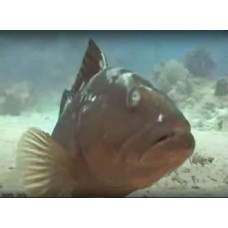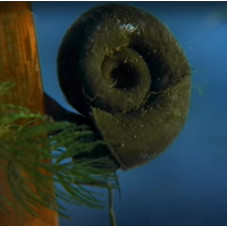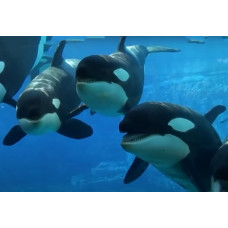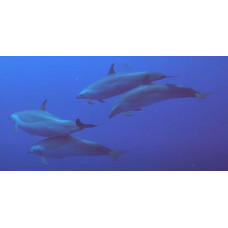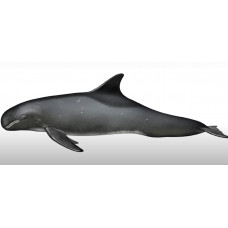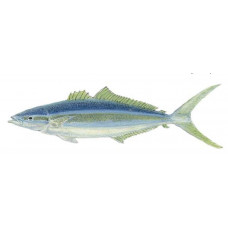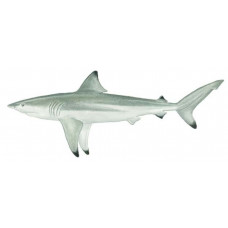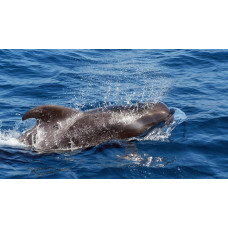Fauna of the Tuvalu Sea
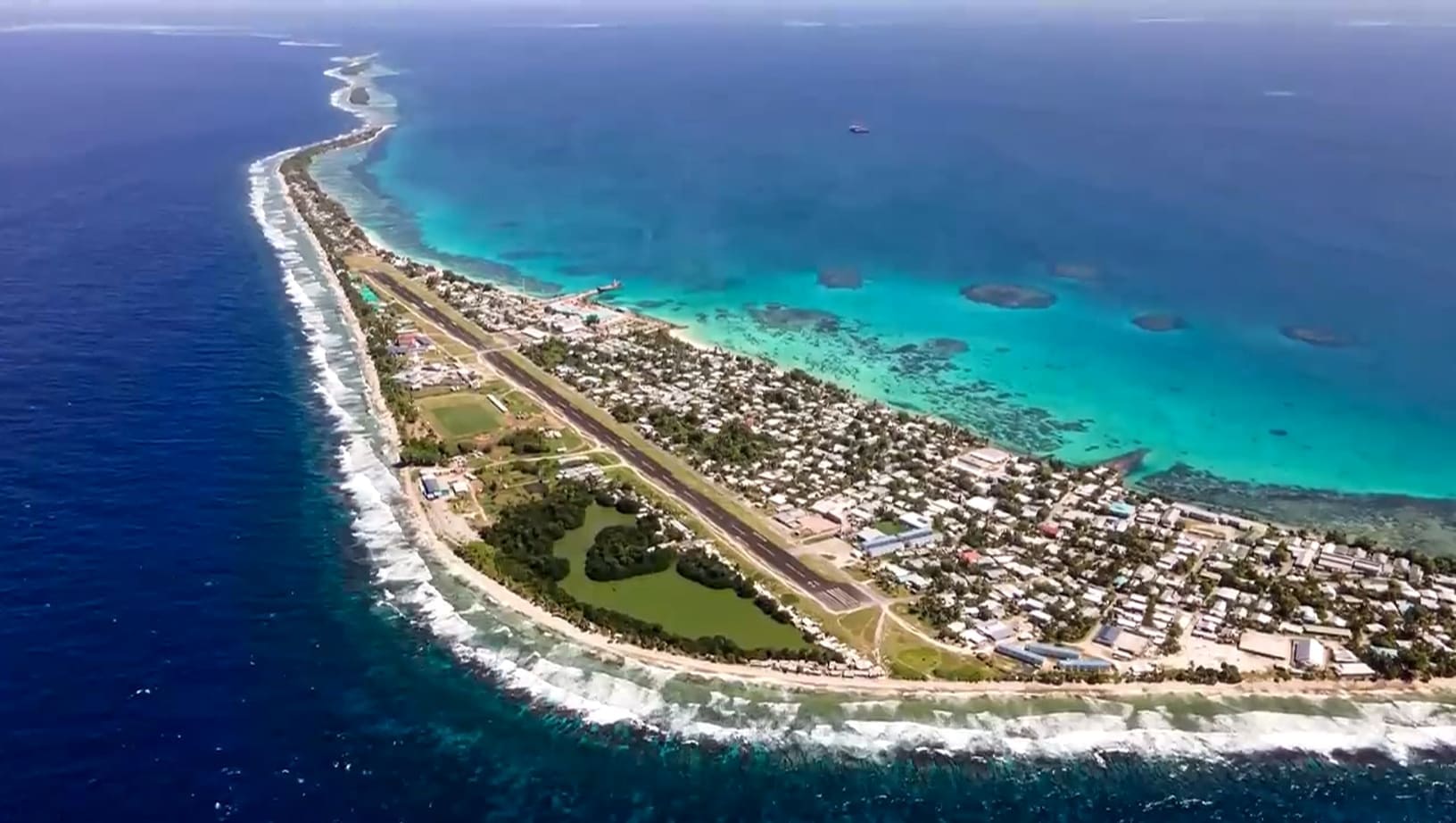
The Tuvalu Sea is located south of the equator near the Polynesian Tuvalu Islands, from which the sea takes its name. Tuvalu means "eight standing together" in the local dialect. It refers to the 8 atolls that make up the archipelago. The Tuvalu Sea is small, the length of the coastline is only 21 km, so it is not always marked on maps. This sea is deep - the maximum depth is about 7000m. Tuvalu marine environment is represented by six main types of ecosystems: oceanic, outer reefs, lagoon reefs, lagoon floor, isolated reefs and natural channels connecting ocean and lagoon waters. In total, there are about 350 species of fish and 30 species of coral in the coastal waters. The traditional occupation of the population is catching fish and seafood for domestic needs. There are no large ports or industrial production, so the waters of the Tuvalu Sea are characterized by purity and richness of fauna and flora.
Inhabitants of the Tuvalu Sea
Tuvalu's waters are home to almost all the inhabitants of local waters: sharks, colorful tropical fish, sea snakes, turtles and other marine life. There are also top predators: Gray Reef Shark, Blacktip Shark, Red Grouper and Black Rockfish. Large schools of rainbow runners, spotted eagle rays, giant oceanic manta rays and lutjanus (bigeye snapper, Pacific cubera snapper) can be seen. Shoals of bigeye tuna, giant trevally and bigeye trevally enter here. Lovers of sea walks in the open sea should be extremely careful: many species of animals are poisonous and a danger to humans. The atoll lagoons, on the other hand, are considered safe for divers and vacationers.
Mammals of the Tuvalu Sea
Tuvalu has three IUCN Red List mammal species, all marine mammals of the order Cetacea: Ginkgo-toothed beaked whale (Mesoplodon ginkgodens), pygmy killer whale (Feresa attenuata), and pantropical spotted dolphin (Stenella attenuata). Also found here were: Killer whale (Orcinus orca), Spinner dolphin (Stenella longirostris), Common bottlenose dolphin (Tursiops truncatus), Sperm whale (Physeter macrocephalus), Antarctic minke whale (Balaenoptera bonaerensis), Dwarf sperm whale (Kogia sima), Bryde's whale (Balaenoptera brydei), short-finned pilot whale (Globicephala macrorhynchus), false killer whale (Pseudorca crassidens) and striped dolphin (Stenella coeruleoalba).
Invertebrates of the Tuvalu Sea
Local residents gather sea cucumbers for harvest. There are significant populations of sea urchins in some areas. The reefs inside and outside the lagoon are home to large numbers of molluscs. They are traditionally eaten in Tuvalu.
Bigeye snapper
Latin nameLutjanus lutjanusOther namesBigeye seaperch, red sea lined snapper, golden striped snapper..
Bigeye trevally
Latin nameCaranx sexfasciatusOther namesBigeye jack, great trevally, six-banded trevally, dusky jack..
Common bottlenose dolphin
Latin nameTursiops truncatusOther namesAtlantic bottlenose dolphinIdentificationThe moderately devel..
Giant oceanic manta ray
Latin nameMobula birostrisOther namesGiant manta ray, oceanic manta ray.IdentificationHuge pectoral ..
Giant trevally
Latin nameCaranx ignobilisOther namesLowly trevally, barrier trevally, ronin jack, giant kingfish, u..
Grey reef shark
Latin nameCarcharhinus amblyrhynchosOther namesGray reef sharkIdentificationThe body of the fish is ..
Grouper, Red
Latin name Epinephelus morio Other names Grouper; Portuguese: garoupa de Sao Tomé; Spanish: chern..
Mollusca
A type of secondary invertebrate. Probably originated in the Precambrian; several classes of mollusc..
Orca
Latin nameOrcinus orcaOther namesKiller whaleIdentificationThe Latin orca is thought to derive from ..
Pantropical spotted dolphin
Latin nameStenella attenuataOther namesStenella attenuataIdentificationThe Pantropical spotted dolph..
Pygmy killer whale
Latin nameFeresa attenuataOther namesFeresa attenuataIdentificationPygmy killer whales have a slende..
Rockfish, Black
Latin name Sebastes melanops Other names Black snapper, black bass, gray rockfish, red snapper, s..
Runner, Rainbow
Latin name Elagatis bipinnulata Other names Runner, rainbow yellowtail, skipjack, shoemaker, Hawa..
Shark, Blacktip
Latin name Carcharhinus limbatus Other names Blacktip whaler, common blacktip shark, small blackt..
Short-finned pilot whale
Latin nameGlobicephala macrorhynchusOther namesNorth Pacific pilot whale, Pacific Pilot Whale. ..

